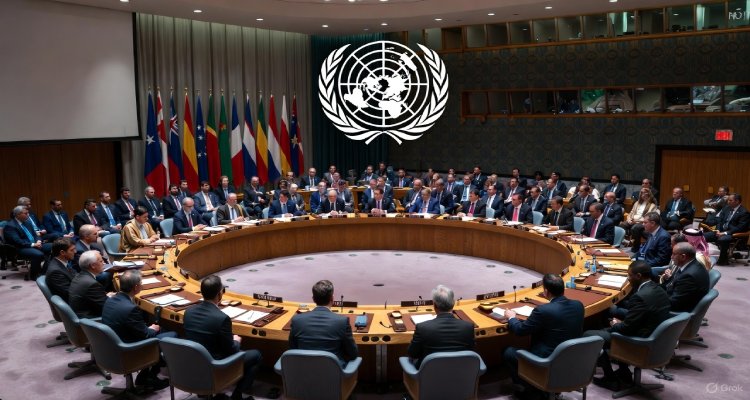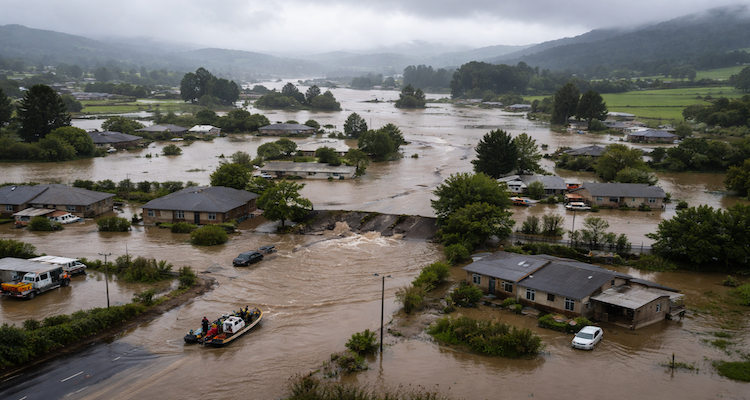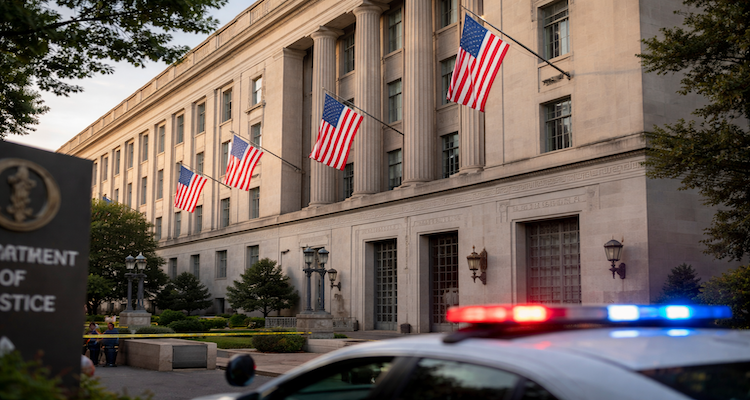UNSC Endorses Trump’s Gaza Peace Plan: A Turning Point in Post-War Reconstruction

The UN Security Council has endorsed US President Donald Trump’s 20-point Gaza peace plan, authorizing a temporary international stabilization force to oversee reconstruction after two years of conflict.
Introduction: A Diplomatic Milestone in the Middle East
In a landmark decision, the United Nations Security Council (UNSC) voted to endorse a comprehensive Gaza peace plan introduced by US President Donald Trump, marking a potential turning point after two years of devastating conflict between Israel and Hamas. The resolution, adopted on November 17 with 13 votes in favor and abstentions from China and Russia, lays out a roadmap that combines security stabilization, humanitarian recovery, and institutional rebuilding within the enclave.
The move, welcomed cautiously by international observers, represents one of the most coordinated diplomatic efforts toward ending Gaza’s prolonged humanitarian and political crisis.
Context & Background: Two Years of War and Humanitarian Collapse
Since late 2023, Gaza has been mired in relentless warfare between Israel and Hamas, resulting in tens of thousands of casualties and widespread destruction. Entire neighborhoods were reduced to rubble, infrastructure collapsed, and access to water, electricity, and health care nearly vanished.
Repeated ceasefire efforts brokered by regional powers failed to hold, as cycles of rocket fire and retaliatory strikes reignited hostilities. Humanitarian agencies repeatedly warned of “untenable conditions” in Gaza, calling for global intervention.
President Trump’s administration, having played a limited diplomatic role early in the conflict, re-emerged in late 2025 with a sweeping diplomatic initiative—the “20-point Gaza Comprehensive Peace Plan”—aimed at stabilizing the enclave, promoting demilitarization, and setting the foundation for a multi-phase reconstruction.
Main Developments: A Resolution of Rare Consensus
The UNSC resolution endorsing Trump’s plan represents an unusual alignment of global powers at a time of fractured international politics. While China and Russia abstained, their decision not to veto the measure cleared the way for consensus—a rare occurrence in Middle Eastern peace diplomacy.
The resolution does more than endorse a peace document; it establishes concrete mechanisms for implementation. Among its key provisions:
-
Creation of a Board of Peace (BoP): A transitional administration to coordinate reconstruction and institutional reform in Gaza.
-
Authorization of an International Stabilisation Force (ISF): A temporary multinational presence responsible for ensuring ceasefire compliance, securing humanitarian corridors, and supporting post-war recovery. The ISF will operate under a unified command structure approved by the BoP.
-
Joint Coordination with Egypt and Israel: The resolution mandates close consultation among Egypt, Israel, and the BoP for operational and security logistics related to the international force.
According to US officials, the ISF’s deployment will begin within 90 days, with initial contributions expected from European and Arab states.
Expert Insight & Global Reactions
The international community has largely welcomed the UNSC decision, though reactions range from cautious optimism to skeptical restraint.
Middle East policy scholar Dr. Lina Marrouf of the Doha Institute described the resolution as “the most structured and enforceable peace plan for Gaza in a generation,” noting that “the inclusion of institutional rebuilding alongside security measures is a significant departure from previous ceasefire-only frameworks.”
Humanitarian groups, however, warn that implementation will determine success. “Endorsement is one thing; actual enforcement on the ground, with consistent aid and human rights oversight, will be the real test,” said Johan Eriksen, regional director at the International Rescue Collective.
In Israel, officials described the plan as a “measured step toward regional normalization,” though right-wing factions criticized the notion of an international force within Gaza. Hamas leadership, while initially resistant, has reportedly entered indirect talks mediated by Egypt regarding the transition period governed by the BoP.
China and Russia’s abstentions were read by analysts as “strategic neutrality.” According to Moscow-based commentator Sergei Dovchenko, “Russia’s abstention signals disapproval of unilateral U.S. diplomacy but recognition that Gaza’s chaos threatens broader regional stability.”
Impact & Implications: The Road Ahead for Gaza
If successfully implemented, the Gaza peace plan could set the stage for dramatic shifts in Middle Eastern diplomacy. The plan’s emphasis on reconstruction rather than punitive measures marks a departure from decades of reactionary policy.
Key expected outcomes include:
-
Humanitarian access expansion: UN and NGO agencies will gain safer and broader entry for food, medical, and rebuilding materials.
-
Institutional reforms: The BoP will lay foundations for local governance, transparency mechanisms, and potential elections in later phases.
-
Regional stabilization: Egypt and Jordan are likely to benefit from decreased border tensions, while international investors may be encouraged to participate in reconstruction efforts.
-
US geopolitical reassertion: For the Trump administration, the endorsement cements a high-profile diplomatic achievement ahead of the 2026 election cycle, reestablishing Washington’s leverage in Middle Eastern peacebuilding.
Still, challenges loom. Armed factions outside Hamas’s control, civilian mistrust, and the logistical complexities of multinational coordination could all undermine early progress. Analysts warn that without consistent funding and neutral oversight, Gaza could relapse into instability within months.
Conclusion: Cautious Hope for a Fractured Region
The UNSC’s backing of the Trump Gaza peace plan reflects both global exhaustion with war and renewed hope for structured diplomacy. While the resolution stops short of guaranteeing long-term peace, it marks the first multilateral effort in years to align reconstruction, governance, and security under one internationally supervised framework.
As the International Stabilisation Force prepares to deploy and the Board of Peace begins its mandate, the world will watch whether this initiative can transform Gaza’s shattered landscape into a sustainable path toward recovery. For millions of Palestinians trapped in humanitarian peril, the coming months will reveal whether the promises of peace translate into lasting reality.
Disclaimer: This article is based on publicly available information and official statements as of November 18, 2025. Interpretations are for informational and analytical purposes only.










